In addition to increased reliability, the supported processors increase security capabilities at the chip level. These processors provide virtualization extensions and virtualization performance improvements. Windows 11 supports virtualization-based security which enables several security capabilities, including memory integrity, also known as hypervisor-protected code integrity . HVCI disables dynamic code injection into the Windows kernel. HVCI also provides driver control and ensures that all drivers loaded meet a policy of allowed drivers set by Microsoft and the user.
The United States Department of Defense requires virtualization-based security on Windows 10 for their devices. In partnership with our OEM and silicon partners, we will be enabling VBS and HVCI on most new PCs over this next year. And we will continue to seek opportunities to expand VBS across more systems over time.
Switching a device out of Windows 11 Home in S mode also requires internet connectivity. For all Windows 11 editions, internet access is required to perform updates and to download and take advantage of some features. Windows 11 continues our strong commitment to compatibility. This means that devices can upgrade to Windows 11 and critical apps and devices will simply work.
Raising the Windows 11 minimum system requirements enables us to better support apps and hardware for drivers and devices. Feedback also shows us that unsupported hardware is more likely to have older drivers that are incompatible with new OS features such as VBS. Supported hardware also comes with modern drivers, which helps ensure not only the reliability we mentioned earlier, but also great hardware compatibility. The new Windows 11 is here and it surely comes with a host of interesting features. The latest operating system from Microsoft brings you new visual changes, compatibility with Android, interesting gaming-related features, and more.
The company has also revealed that a vast majority of PC or laptop available in the market will be compatible with Windows 11. The brand has also released a list of minimum requirements and processors that support the latest operating system. That being said, if you want to know whether your Windows 10-powered laptop or PC is compatible with Windows 11, there is a simple way to do it.
In this article, we are going to show a step-by-step guide of how you can check for Windows 11 compatibility with your laptop or PC. This means that assuming Windows 11 will run on all PCs that already have Windows 10 installed and running successfully, would be fallacious. "As we release to Windows Insiders and partner with our OEMs, we will test to identify devices running on Intel 7th generation and AMD Zen 1 that may meet our principles," says Microsoft. To check for Windows 11 compatibility, download and run the PC Health Check app, which will identify specific compatibility issues that prevent an upgrade.
PCs purchased in 2016 or earlier are almost certain to be unsupported. Following the results of our testing, we are making a small number of additions to the compatible processor list , but otherwise will maintain the minimum system requirements as originally set. For those who are using a PC that won't upgrade, and who aren't ready to transition to a new device, Windows 10 is the right choice. We will support Windows 10 through October 14, 2025 and we recently announced that the next feature update to Windows 10 is coming later this year. Whatever you decide, we are committed to supporting you and offering choice in your computing journey.
If you want to see the full Windows 11 minimum system requirements, you can visit this page. There's considerable chatter sprinkled with a generous dose of skepticism that Windows 11 may not run on all desktops and laptops that already have Windows 10 installed. Simultaneously, the PC Health Check app has also indicated false negatives on many PCs, suggesting incompatibility with Windows 11. Windows 11 is the biggest update the OS has received, in years, and the first test build has now rolled out for developers.
While some users have been trying out Windows 11 via the Windows Insider Program Microsoft has been using that data to expand the list of compatible processors. That list was updated recently to include Intel Core X-series, Xeon W-series and Intel Core 7820HQ CPUs. So it's clear that Microsoft is still testing to ensure as many machines as possible work with the new operating system and it's worth keeping an eye on the long list of supported devices. The program returns one of three possible windows after the compatibility check runs.
I'm running Enterprise on my production PC and have flagged this as an error or problem with Microsoft via its Feedback Hub. This PC doesn't currently meet all the system requirements for Windows 11 – Windows 11 Upgrade RequirementsWindows 11 Upgrade Support is announced for the following processors. These processors were not included in the initial list of supported processors for Windows 11. The PC Health tool is not updated with the latest list of supported processors. Either of these tools can provide you ample intelligence to determine if your PC is ready for Windows 11, with one caveat. Older PCs whose CPUs qualify under the processor requirement may include hardware-based TPM chips of version 1.3 or older .
These CPUs can emulate TPM 2.0, so what looks like a failure to meet Windows 11 requirements at the hardware level can be offset in software. I will explain further in the section on the Windows 11 Compatibility Check script below. The system firmware needs to be UEFI and Secure Boot capable, while the graphics card, whether integrated or discreet, needs to be compatible with DirectX 12 or later. Computing devices with screen sizes smaller than 9-inches and resolution less than 720p will not be compatible with Windows 11. These are the larger system requirements that need to be ticked off. A Microsoft account is mandatory to access all features.
You can use thePC Health Check appto determine if your device is eligible to upgrade to Windows 11. Many PCs that are less than four years old will be able to upgrade to Windows 11. They must be running the most current version of Windows 10 and meet the minimum hardware requirements. In case you are unable to tell if your computer meets the minimum system requirements to run Windows 11, there's a solution. Microsoft has released a nifty little tool called PC Health Check to check it for you and tell if the computer supports Windows 11.
Below are the steps to use the PC Health Check Tool and find out if you are eligible to receive the Windows 11 update. I think Microsoft is nearing the release of Windows 11 into the production ring, and that is why they are ramping up all the insider build versions. Also, Microsoft shared the updated requirements for Windows 11 upgrade.
You can download the insider version of the PC health check tool. The tool is back and is now significantly improved, and if it detects any incompatibilities with your PC, it will list them individually. But you can also prepare for an upgrade to Windows 11 by checking your PC's hardware and software capabilities by hand. This approach is especially helpful if you've got a home-built PC that may have a Trusted Platform Module installed, but not enabled.
So grab your current PC's specs and follow along as we go over the extensive lists of requirements that Microsoft has published. The good news is that if you're planning to buy a mainstream desktop or laptop now, or you bought one in the past four years, it's probably already compatible with Windows 11. But the system requirements for the new OS aren't exactly straightforward. Microsoft made things more confusing with a problematic compatibility checker tool, which the company withdrew just a few days after its release.
Microsoft unveiled Windows 11 officially today and plans to release early access builds of the operating system next week. Windows 11 is still in its development phase and a lot of users wish to test the latest operating system by Microsoft. However, there has been a lot of confusion regarding Windows 11 system requirements. At the time of launch, Windows 11 requirements were slightly on the higher side, leaving millions of computers around the world unsupported.
Windows 11 Requirements Check Online Recently, Microsoft announced that it would not stop users from downloading and installing Windows 11 ISO as well. Even if your PC doesn't meet the minimum system requirements to run Windows 11, Microsoft will bring the Windows 11 update to PCs that meet the requirement for running Windows Insider Program. Basically, users who are part of the Dev and Beta channels will receive the Windows 11 update, says Microsoft in an official blog post.
Microsoft has updated the minimum system requirements for Windows 11. The company has announced in a blog post that it is adding a small number of additions to the compatible processor list after Windows Insider testing and exploring options with OEMs. The minimum system requirements now also include additional older Intel CPUs that will be compatible with Windows 11 and the old requirements are still applicable. Although Microsoft has already revealed a walkaround to bypass the TPM 2.0 and processor requirements, the company has also warned users against installing the operating system on unsupported devices. Cnet listed out two available online tools users could use to check for Windows 11 compatibility.
To clarify, these programs need to be downloaded and installed on the device so it can run a diagnostic program and check on its eligibility. Each online tool has its own set of instructions for usage. DirectStorage – This item checks the Storage Controller of your system disk and the Shader Model of your graphics card to see if they meet DirectStorage requirements.
DirectStorage is a feature that allows games to load quickly by working to load assets on the GPU, saving resources on the CPU and as such helps to improve graphics and reduce load times. If you have a hybrid system (eg. gaming laptop) containing both an integrated and discrete GPU, the tool will use the discrete GPU for the validation. They confirm that this is a temporary removal of this app and it'll be available again before Windows 11 releases later this year.
"We are temporarily removing the app so that our teams can address the feedback. We will get it back online in preparation for general availability this fall," they say. To help you determine if your Windows 10 computer meets the requirements to run Windows 11, Microsoft also provides a free PC Health Check tool. To download this app, browse to Microsoft's Introducing Windows 11 page, scroll down to the Get ready section, and click the Download app link under Check for compatibility. Still, if the app shows that your laptop or PC is not compatible, we suggest you should wait. Because Microsoft has revealed that it will update its hardware compatibility list pretty soon.
The company has said the list of hardware compatible devices is constantly being updated in the app. Furthermore, the Windows 11 update will only arrive at the end of the year, this may change until then. Simply put, the Redmond giant might make some changes in the hardware list closer to the official rollout of Windows 11. The minimum system requirements listed below are the official specifications given by Microsoft. No recommended system requirements have been provided, so these are our own estimates on what would be the best setup for good performance with the operating system, based on our knowledge of Windows 10. These will be subject to change as we have more hands-on experience with the new operating system.
The latest version of Windows has pretty strict system requirements and only officially supports PCs with modern CPUs. Microsoft has a handy tool to help you check, but even unsupported PCs will be allowed to upgrade. – If you upgrade the operating system to Windows 11 on an unsupported device, there are risks that Microsoft documented. Your device might malfunction due to these compatibility or other issues. Devices that do not meet these system requirements will no longer be guaranteed to receive updates .
Windows 11 is officially out, meaning millions of PC owners are free to upgrade today (as long as their computers meet Microsoft's ridiculously strict system requirements). I've been testing a near-final pre-release version of Windows 11 for a while, and I'm here to spread the good news that my computer hasn't blown up once. Windows 11 is so far a completely non-lethal operating system, which is definitely a good sign, but maybe not enough justification to install it. To make the call on whether other PC gamers should actually install Windows 11 today, I've been spending some quality time with its new Start menu and rounded corners. If you are unsure whether your PC meets these requirements, you can use Microsoft's PC health check. It'll scan your system to check whether or not your computer meets Windows 11 recommended system requirements.
That said, the app is only available to members of the Windows Insider Program, which requires nothing but an Outlook account. We expect Microsoft will remove the clause for the PC Health check app when the Windows 11 stable version will start rolling out. TheUEFI Secure Boot requirement ensures that a system boots with only code signed by either the device builder, the silicon vendor, or Microsoft.
It does this by ensuring all code is signed by specific entities and by recording cryptographic hashes in hardware that can also be sent to the cloud to verify integrity. If a system can be compromised prior to the operating system boot, then all kernel, user and endpoint security tools can be completely undermined. The "NotPetya" attack, which cost hundreds of millions in damages, leveraged legacy bios to inject ransomware code before boot, which can now be mitigated by Secure Boot. The value and best practices of Secure Boot have also been validated by the U.S.
We have been requiring OEMs to ship using UEFI Secure Boot enabled since June 26, 2013 and want all Windows 11 devices to be able to provide that customer benefit. After carefully analyzing the first generation of AMD Zen processors in partnership with AMD, together we concluded that there are no additions to the supported CPU list. We will be updating the PC Health Check app to identify the correct systems with the newly added Intel CPUs in the coming weeks before the tool is released for general availability. Additionally, we will have more to share on the tools and reports IT Pros can use to understand their organization's hardware eligibility at scale as we get closer to Windows 11 general availability later this year.
Some specialized requirements may prohibit incompatible computers from running Windows 11. If your computer's hardware does not support these functions then you will not be able to run the latest version of Windows. These requirements were chosen to improve the security of the new operating system. Exactly how this will play out is not clear, but some users have reported receiving updates on unsupported installations.
Rather than intending to punish users with older hardware, it is more likely that Microsoft is covering itself against the possibility that some updates will not work. It would be a mistake to bypass the requirements on production systems that work well with Windows 10, or on hardware that is still under warranty. To thoroughly check the hardware and software components of a computer, users can download the PC Health Check App from Microsoft. Initially launched to notify users whether their system supports Windows 11 or not, the application was taken down by Microsoft as it did not convey complete information.
All you'll need is a PC that meets the minimum hardware requirements for Windows 11, which is now a 64-bit CPU, 4GB of RAM, and 64GB of storage. Windows 11 will be delivered through Windows Update in much the same way as Windows 10 updates have been made available previously. In 2015, when Microsoft released Windows 10, it initially kept the same hardware requirements from Windows 8 before slightly increasing required storage size later. "We did identify a set of PC models that meet the principles while running on Intel 7th Gen processors that we did not originally include in our minimum system requirements." Microsoft said.

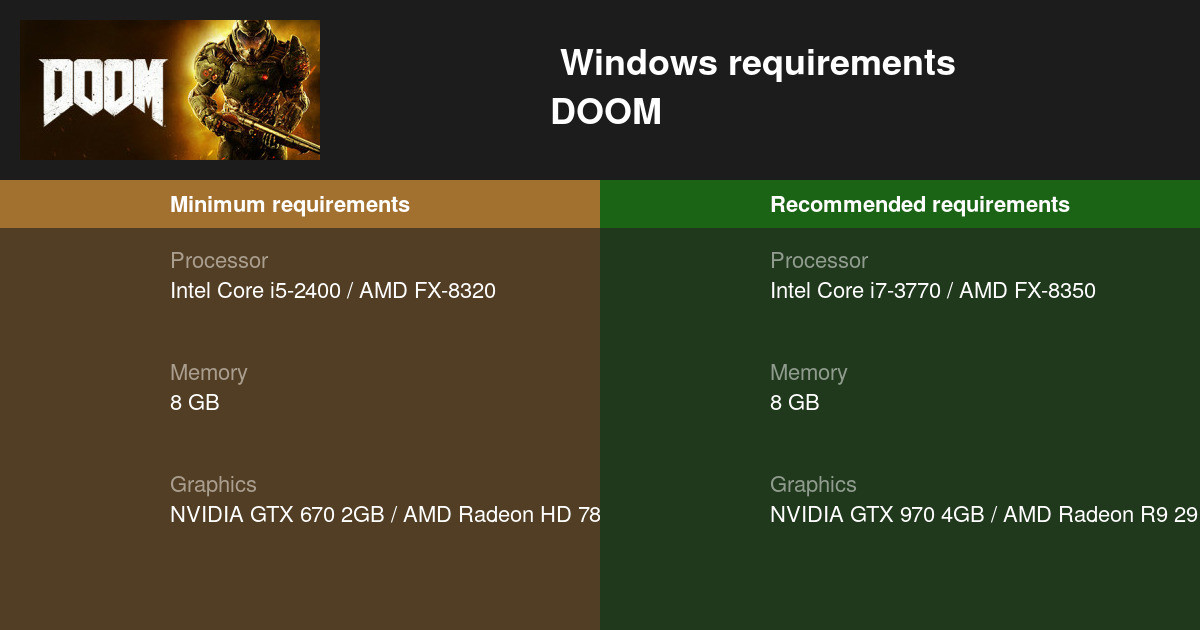
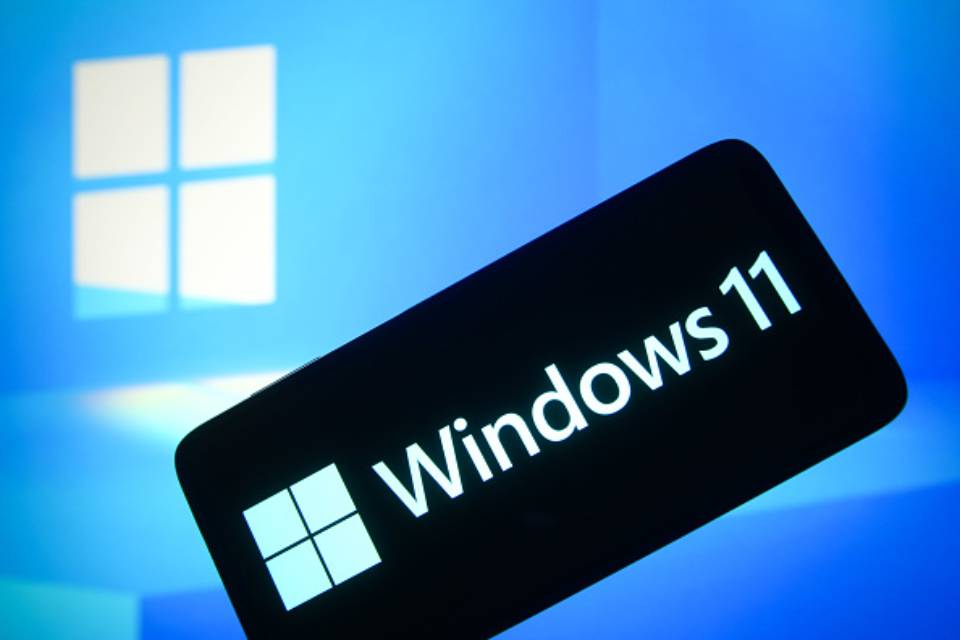








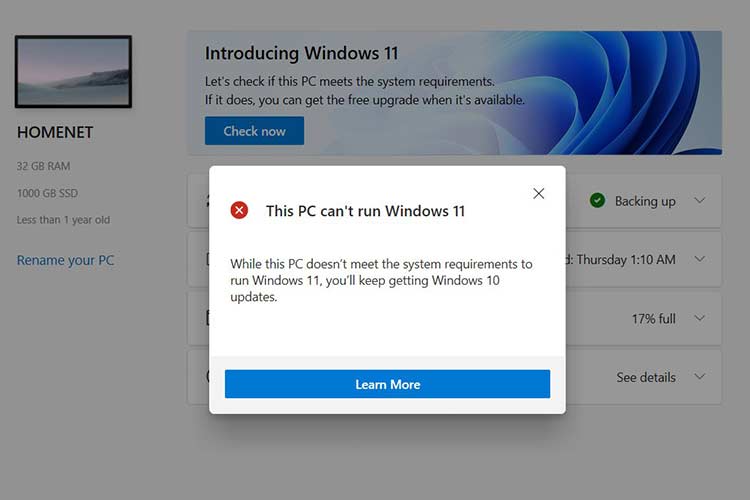
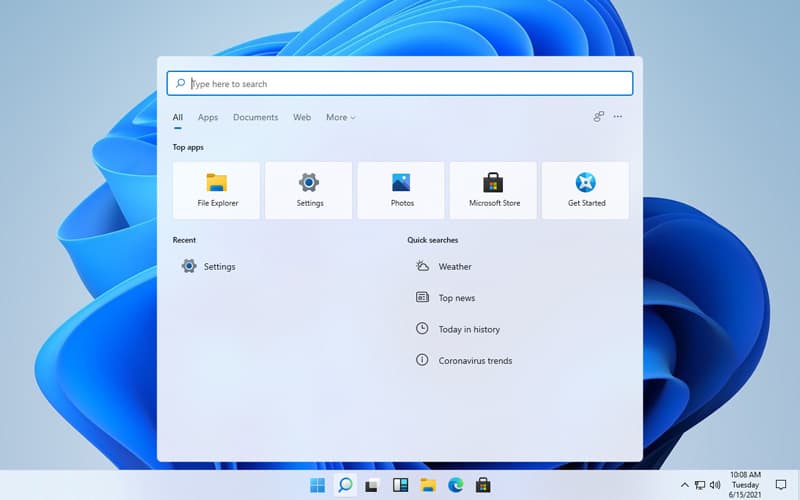





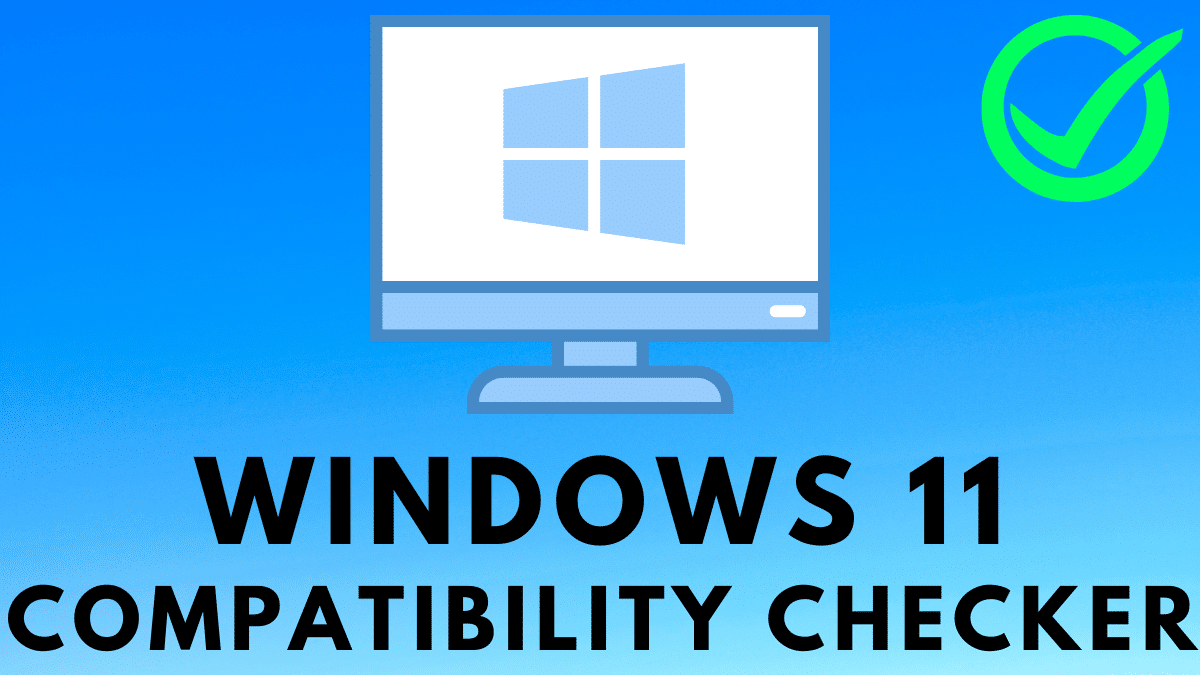
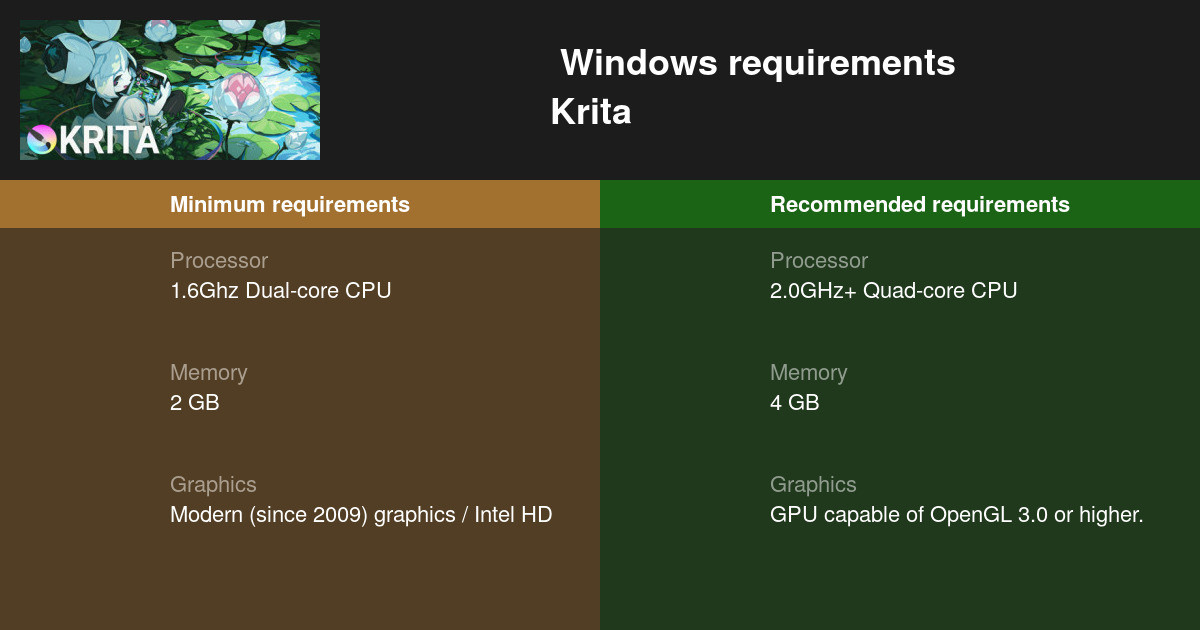







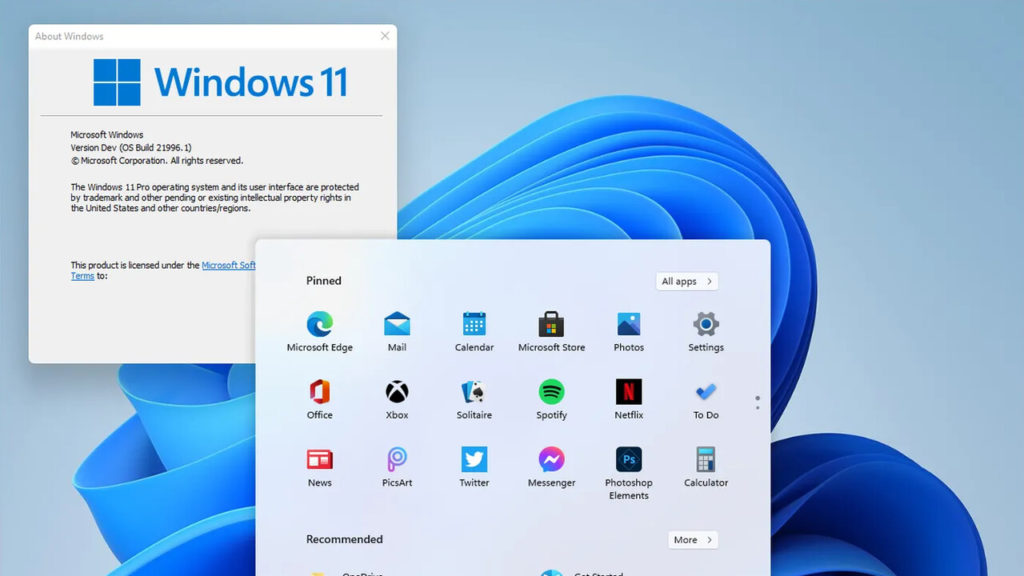
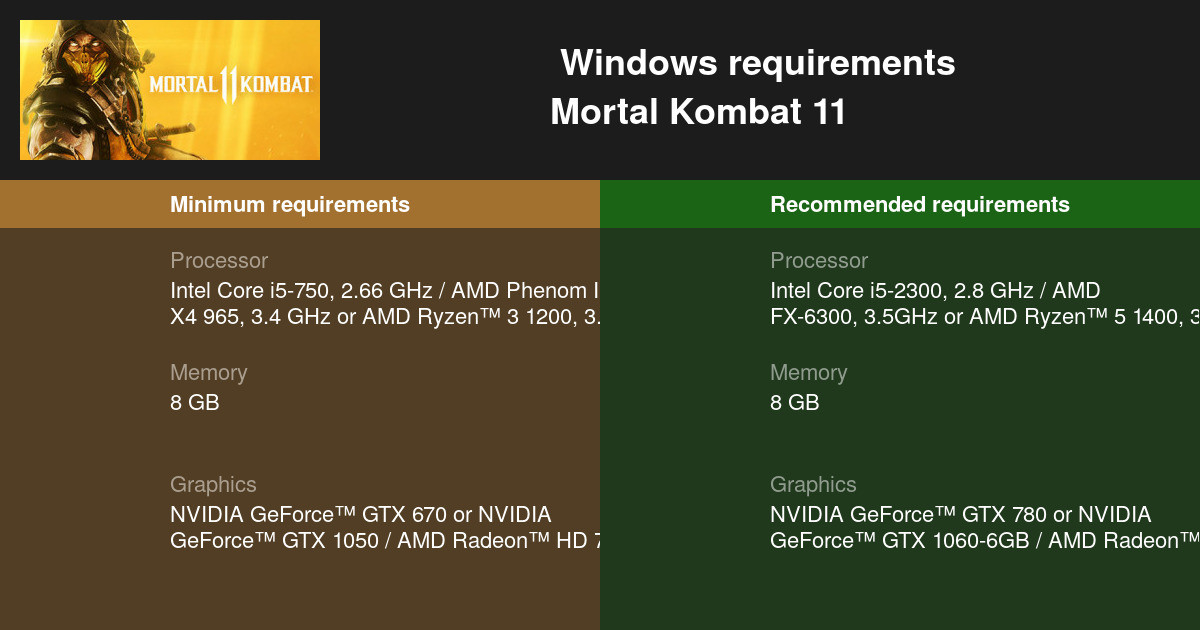
No comments:
Post a Comment
Note: Only a member of this blog may post a comment.